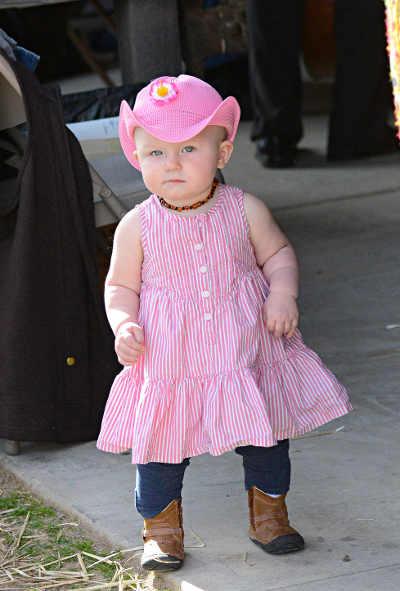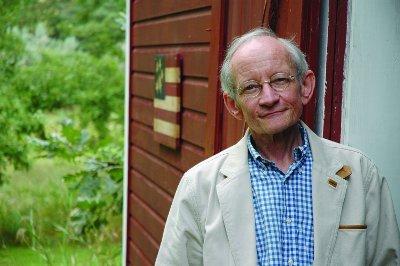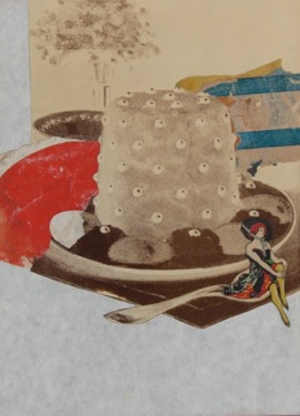
KELSEYVILLE, Calif. – Stop by the Ely Stage Stop & Country Museum for some old time American fiddle music on Sunday, July 5.
The place will be decked out in red, white, and blue and the musicians promise to add some patriotic tunes to the round robin jam session. Musicians will play in the Ely barn from noon until 2 p.m.
Donations made during the jam benefit both the Ely Stage Stop, helping to fund the construction of the blacksmith complex, and the Old Time Fiddlers Association District 10, who uses it to partially fund their scholarship programs.
Come early to picnic and check out the latest museum acquisitions and displays. In the main house you can tip your hat to a newly loaned display of ladies’ Victorian era hats, hat boxes and hat pins, complements of Barbara White, local specialist in period clothing. You can also still enjoy the Lake County dairy history display in case you haven’t caught that one yet.
This free, family friendly event can be enjoyed by all, young and old alike. Enjoy the music with beverages and tasty treats provided by the docents. Bring your own wine and sip it in Ely Stage Stop wine glasses that are available for purchase.
Up for heartier fare? This Sunday local Pogo’s Pizza will be on site offering pizza, burgers, hot dogs and beer for purchase.
There will be the regular monthly raffle near the end of the jam and more chances to purchase raffle tickets for the “Barns, Birds and Quilts” raffle that will celebrate a winner later in the year. Those items will be on display in the barn during the jam.
Home to the Lake County Historical Society, the stage stop is located at 9921 State Highway 281 (Soda Bay Road) in Kelseyville, near Clearlake Riviera, just north of Highway 29-Kit's Corner. Current hours of operation are 11 a.m. to 3 p.m. each Saturday and Sunday.
Fiddlers’ Jams occur the first Sunday of every month from noon until 2 p.m.
The August jam will take place on Aug. 2.
Living history events featuring local historians are held on the fourth Saturday of every month, again, from noon to 2 p.m. Catch the next one on July 25.
Visit www.elystagestop.com or www.lakecountyhistory.org , check out the stage stop on Facebook at www.facebook.com/elystagestop or call the museum at 707-533-9990.

 How to resolve AdBlock issue?
How to resolve AdBlock issue? 









